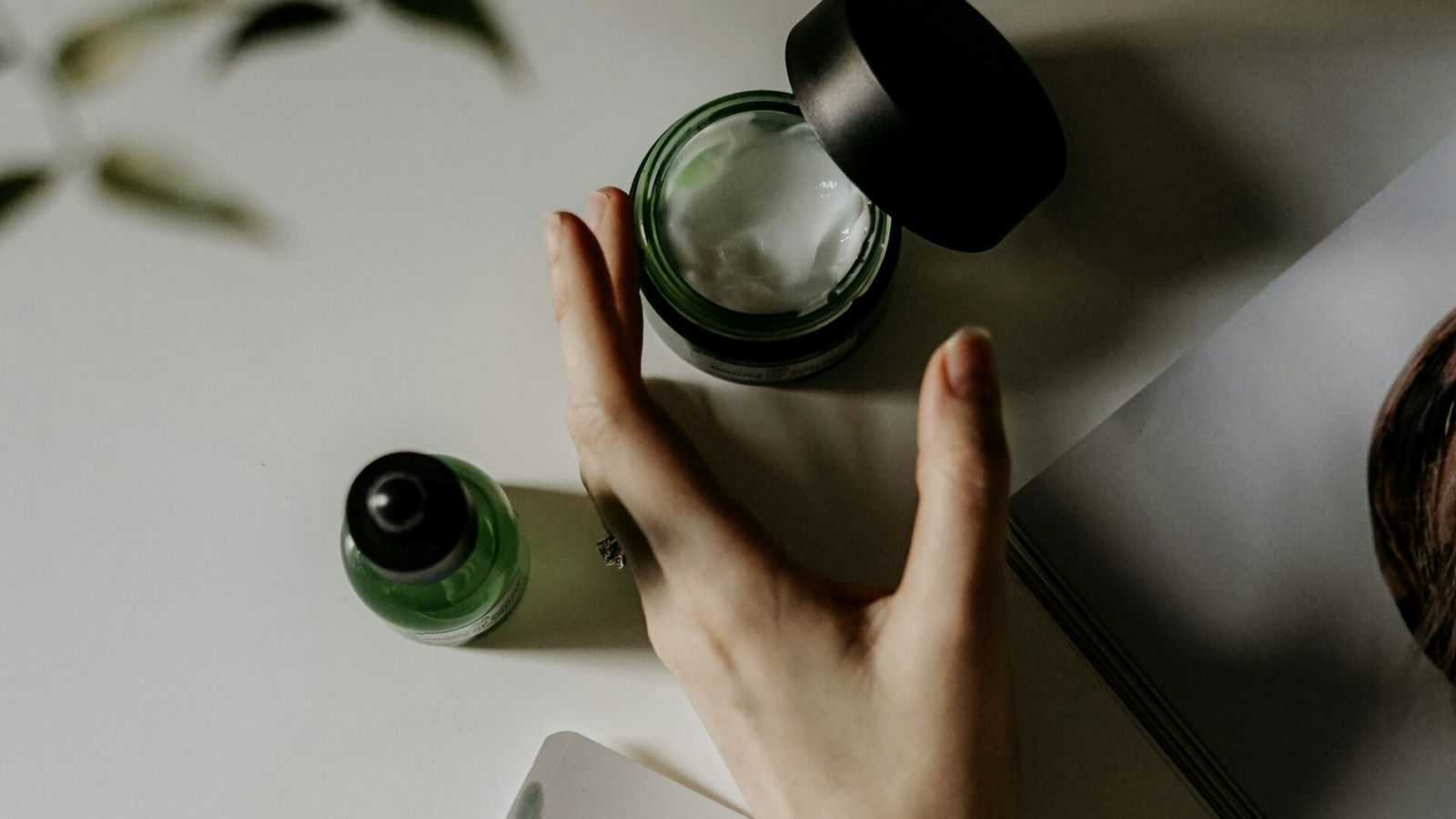
Is Social Media Wrecking Your Daughter’s Skin?
By Movieguide® Contributor
Social media is persuading young girls that they need intensive skincare routines to avoid aging, but these products are causing more harm than good.
Ten-year-old Scarlett Goddard Strahan found herself developing an elaborate skincare routine after spending hours scrolling social media in fifth grade. As she watched influencers tout their glowy, flawless complexions, she began to worry about getting wrinkles.
But “one night, Scarlett’s skin began to burn intensely and erupted in blisters. Heavy use of adult-strength products had wreaked havoc on her skin. Months later, patches of tiny bumps remain on Scarlett’s face, and her cheeks turn red in the sun,” AP News reported.
“I didn’t want to get wrinkles and look old,” she said. “If I had known my life would be so affected by this, I never would have put these things on my face.”
The problem is that these skin care products are not designed for children’s sensitive skin. While social media encourages their use, more young girls are going to dermatologists with “rashes, chemical burns and other allergic reactions to [those] products.”
“When kids use anti-aging skincare, they can actually cause premature aging, destroy the skin barrier and lead to permanent scarring,” said dermatologist Dr. Brooke Jeffy.
“It is inappropriate for children to be using products that address adult skin issues like wrinkles, hyperpigmentation, and dullness, which kids do not have,” she added previously.
Along with the physical damage, beauty-focused social media trends wreak havoc on girls’ mental and emotional health.
Movieguide® reported on the correlation between social media use and girls’ self-confidence:
Now, 46% of girls spend more than six hours a day on social media.
“Why does this matter? The Girls’ Index™ found there is a relationship between confidence and social media use,” ROX wrote on Instagram. “Lower levels of social media use correlate with increased reports of confidence among girls. Increased time spent on social media is correlated with reports of lower levels of confidence.”
ROX explained that “girls who spend the most amount of time on social media (10+ hours per day) are 25% less likely to describe themselves as confident than those who spend the least amount of time on social media (under 2 hours per day).”
“Girls are being bombarded with idealized images of beauty that establish a beauty standard that could be very hard — if not impossible — to attain,” said Kris Perry, the executive director for Children and Screens: Institute of Digital Media and Child Development.
Earlier this year, therapists Lindsay Fleming, LPC, and Stacy McCarthy, LCPC, told Buzzfeed, “Girls who have never discussed skincare before are now fixated on having 10-step routines. It becomes more about having the product all their friends want/have than the actual impact that product has on their face.”
How should parents respond to this trend? Instead of enabling the potentially damaging skincare routines, they could provide their daughters with age-appropriate products.
“A cleanser, moisturizer, and sunscreen are skincare products that are safe for kids. If a child has acne and oily skin, they can incorporate a salicylic acid-based cleanser or topical serum,” dermatologist Dr. Mamina Turegano told BuzzFeed.
Ultimately, though, parents should remind their daughters that their value comes from God and who He created them to be. Instead of comparing themselves to others, they can agree with the psalmist and praise God that they are “fearfully and wonderfully made.”
Questions or comments? Please write to us here.


 - Content:
- Content: 
